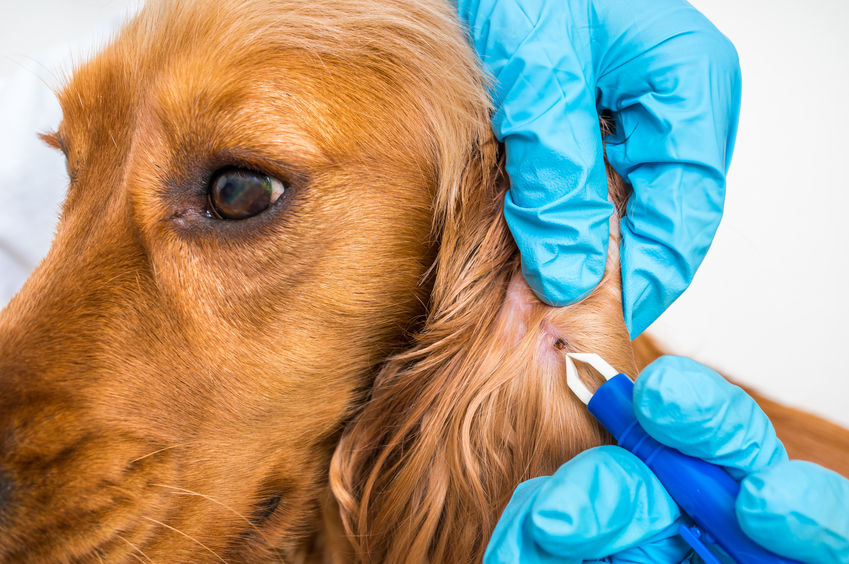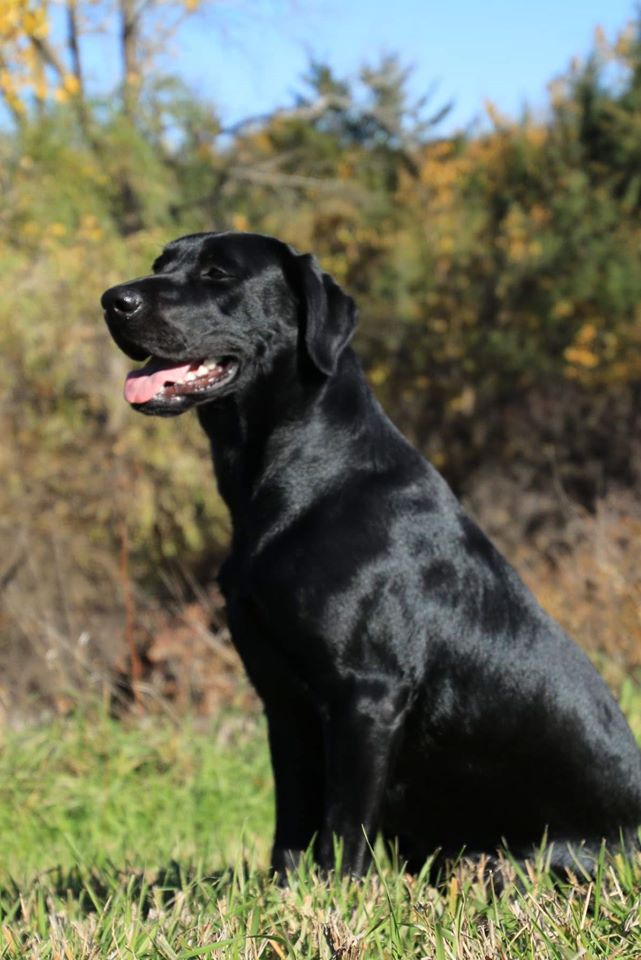
Most dogs love being outdoors. Especially if you have a hunting or pointing dog, they’ll be doing a lot of running and rolling around in grassy fields and wooded areas. Although spending time outside is great for your dog’s overall health and happiness, it does put them at risk for a few extra hazards—and ticks are one of the most common!
If you’re inspecting your dog after an outdoor frolic and notice one of these eight-legged pests, don’t panic. Follow the steps below to free your pup from that tick’s greedy grasp and ensure he can continue playing freely for years to come!
Removal:
Any ticks found on your dog should be removed as soon as you notice a bite or spot one in their coat. Put on a pair of gloves and use tweezers or a tick remover to grab the tick as close to the skin as possible without pinching your dog. Pull the tick gently until it comes away from the skin, then remove it in a straight, swift motion.
When you’re done, flush it down the toilet. Or, if you think it may have infected your dog, keep the tick in an alcohol solution and bring it to the vet to test for disease.
Aftercare:
After you’ve removed and disposed of the tick, wash your hands and disinfect the area on your dog from which it was pulled with antiseptic. Keep an eye on your dog for the next week or so, checking the site for infection. You should also look for any symptoms in the coming weeks of tick-borne illness, including:
- Swollen joints & lymph nodes
- Prolonged lameness (3-4 days)
- Fever
- Fatigue
- Loss of appetite
Prevention:
You should be checking your dog for ticks regularly, especially if you live in or take them to areas where they’re known to live. Use a flea comb to look for ticks or signs of a bite. Preventative spot or spray products are another good way to protect your dog from both ticks and fleas. Ask your vet for specific recommendations and inquire about having your dog vaccinated for Lyme disease.
If you’re looking for the perfect pup to join you out in the field, look no further than Lankas Labs!
We start training our dogs in the art of pointing at just five weeks old, so they develop into intelligent, dedicated, and lovable hunting buddies. Contact us today to ask about our available puppies and find the newest furry member of your family!

